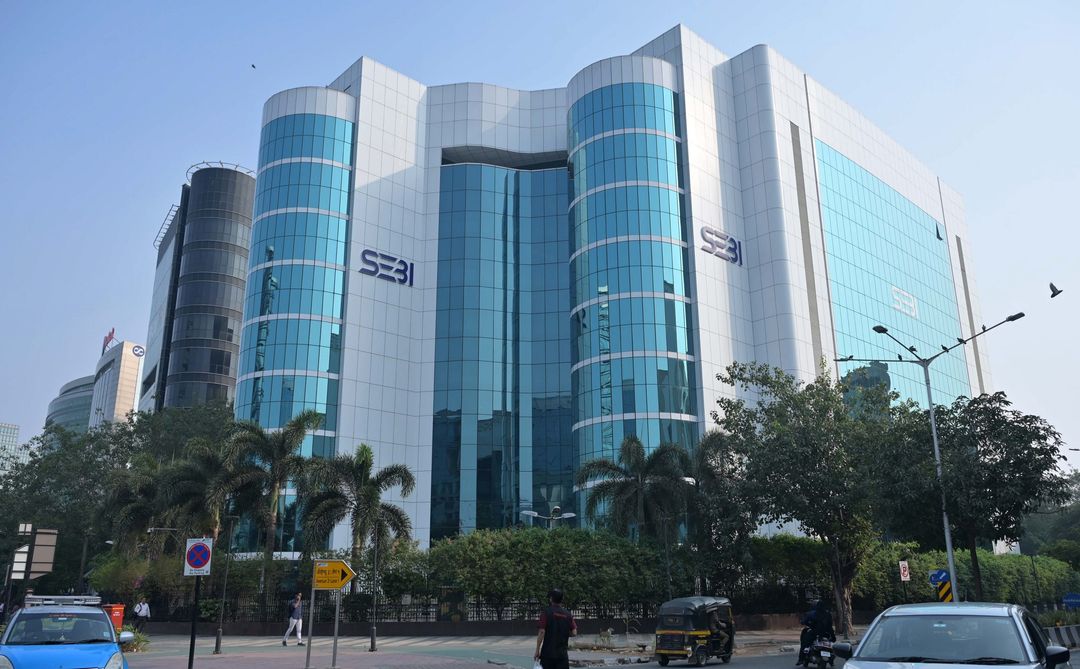
New Delhi, Feb 4 (PTI) – In a significant move to expand access to the capital markets, the Securities and Exchange Board of India (Sebi) has announced that retail investors will soon be able to participate in algorithmic trading (algo trading). This comes as part of a new regulatory framework designed to ensure the safety and integrity of the market.
Currently, algo trading—known for its speed and ability to execute orders at optimal times—is limited to institutional investors. Sebi’s new initiative aims to allow retail investors to take advantage of these same benefits, including enhanced liquidity and faster order execution.
Effective from August 1, Sebi’s new regulations will outline the rights and responsibilities of various stakeholders within the trading ecosystem, including investors, brokers, algo providers, and Market Infrastructure Institutions (MIIs). The goal is to provide retail investors access to algo trading with proper safeguards in place.
Safeguards for Retail Investors
Sebi emphasized that brokers and stock exchanges will play crucial roles in managing risk and ensuring a secure environment for retail participants. The new framework will enable retail investors to access only approved algorithms through registered brokers, which will act as gatekeepers. These brokers will also be responsible for seeking permission from stock exchanges for each algorithm used.To maintain oversight and transparency, all algo orders will be tagged with a unique identifier by the exchange, creating an audit trail for each transaction. Additionally, brokers will need to get approval from the exchange before making any modifications to the approved algorithms.
Brokers will be held accountable for addressing investor grievances related to algo trading and monitoring the APIs (Application Programming Interfaces) for any prohibited activities. Any algo provider facilitating these orders through brokers will also be required to be empanelled with the exchanges for better supervision.
Role of Exchanges and Brokers
Exchanges will continue to oversee the entire algo trading process, ensuring that brokers have the necessary tools to differentiate between algo and non-algo orders. A comprehensive Standard Operating Procedure (SOP) will be put in place for the testing and registration of algorithms. Exchanges will also maintain surveillance over all algo orders, monitoring their behavior and conducting simulation testing.Moreover, exchanges will have the authority to activate a kill switch for orders associated with a specific algorithm, providing a fail-safe mechanism to stop trades in case of any issues. They will also set specific turnaround times (TAT) for registering different types of algorithms, with certain execution algos fast-tracked for registration.
The Growing Influence of Algorithmic Trading
Sebi's decision comes after a study of the Futures & Options (F&O) market, which revealed that algorithmic trading was behind a significant portion of profits in the sector. In FY24, approximately 97% of Foreign Portfolio Investor (FPI) profits and 96% of proprietary trader profits were generated via algo trading.For retail investors, the new rules also allow for the possibility of developing their own algorithms, provided they meet the specified order thresholds. These self-developed algorithms would also need to be registered with the exchanges through brokers.
In conclusion, Sebi’s new initiative aims to democratize algo trading by opening it up to retail investors, all while maintaining stringent checks and balances to protect both investor interests and market integrity.
